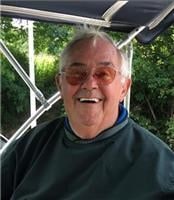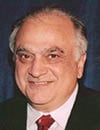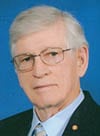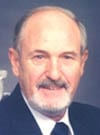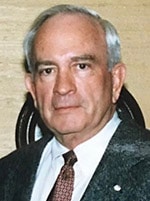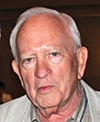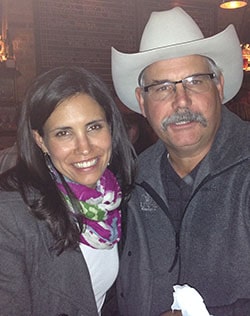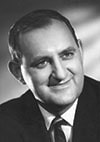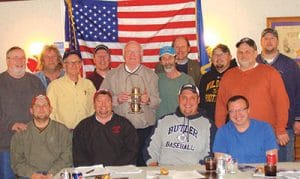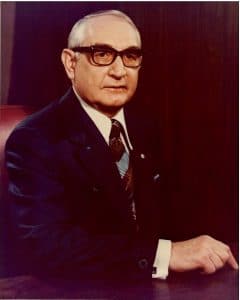Former Arkansas State Legislative Director Donald R. Beavers, who served multiple terms leading the state’s legislative board spanning 21 years, passed away May 19, 2024, at the age of 81.
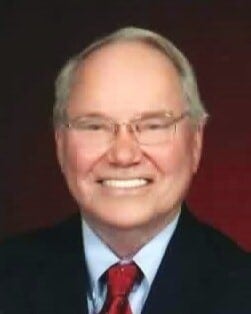
Beavers began his railroading career as a brakeman with the Missouri Pacific in 1962. He was later promoted to conductor.
He served in that capacity for more than 17 years before being elected to the office of the United Transportation Union’s Arkansas legislative director.
A member of Local 656 in North Little Rock, he noted that he was the UTU’s youngest legislative director at the time of his election and retired as the senior member in 2000.
Brother Beavers was honored with a well-attended ceremony for his decades of service to the union upon his retirement in October 2000, receiving recognition from both union leadership and then-President Bill Clinton.
His engagement in labor matters extended beyond our union. Brother Beavers also was elected secretary/treasurer of the state AFL-CIO, appointed to the Arkansas Economic Development Commission and served as chairman of the North Little Rock Civil Service Commission.
He was past president of the Arkansas Association of Lobbyists and active in politics representing Arkansas as National Democratic Committeeman.
He served as a delegate to six Democratic National Conventions and a proud Arkansas Traveler for Clinton, having been connected to the president since Clinton’s start in state politics in the 1970s.
Brother Beavers is survived by his wife of 57 years, Mary Frances, two sons and four grandchildren.
The SMART Transportation Division expresses its condolences to Brother Beavers’ family, friends, his union brothers and sisters and all who knew him.
